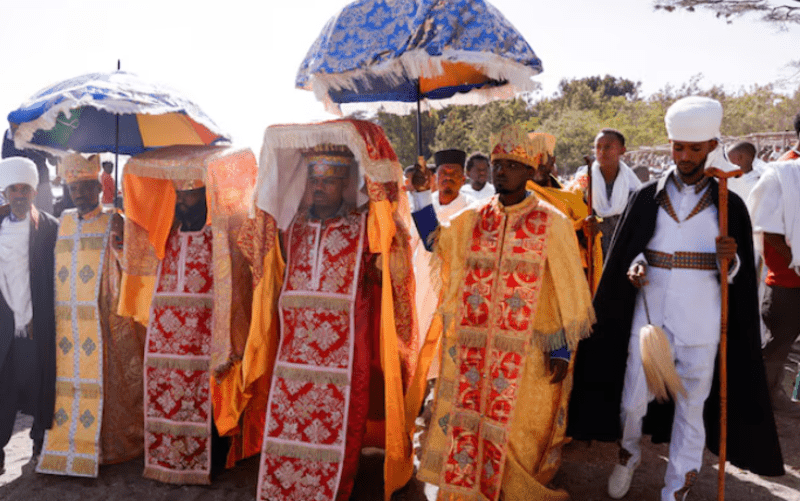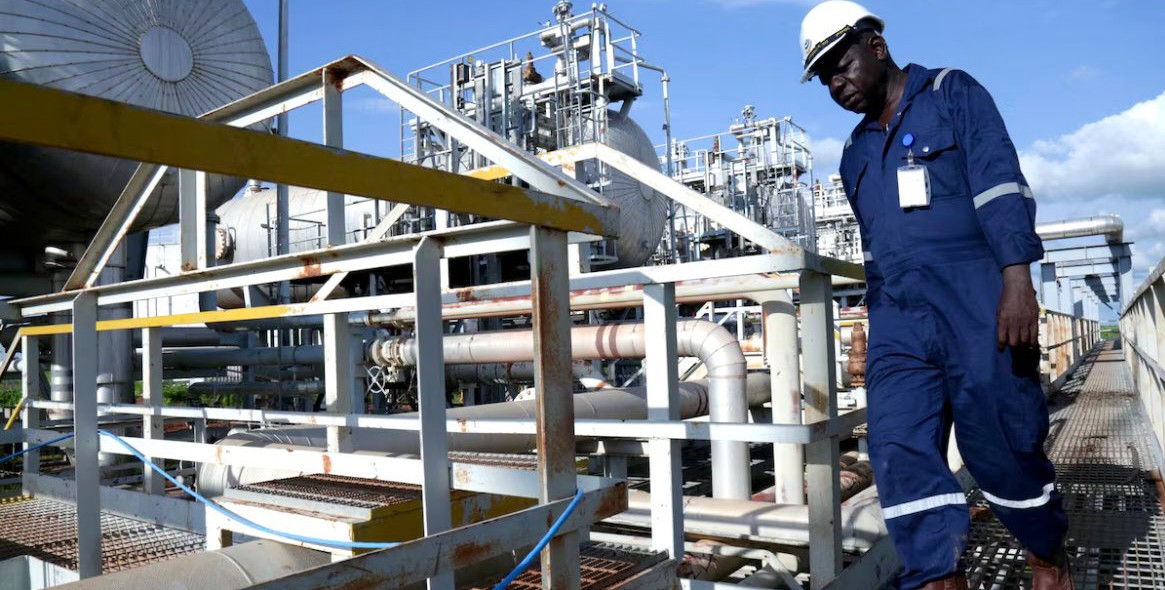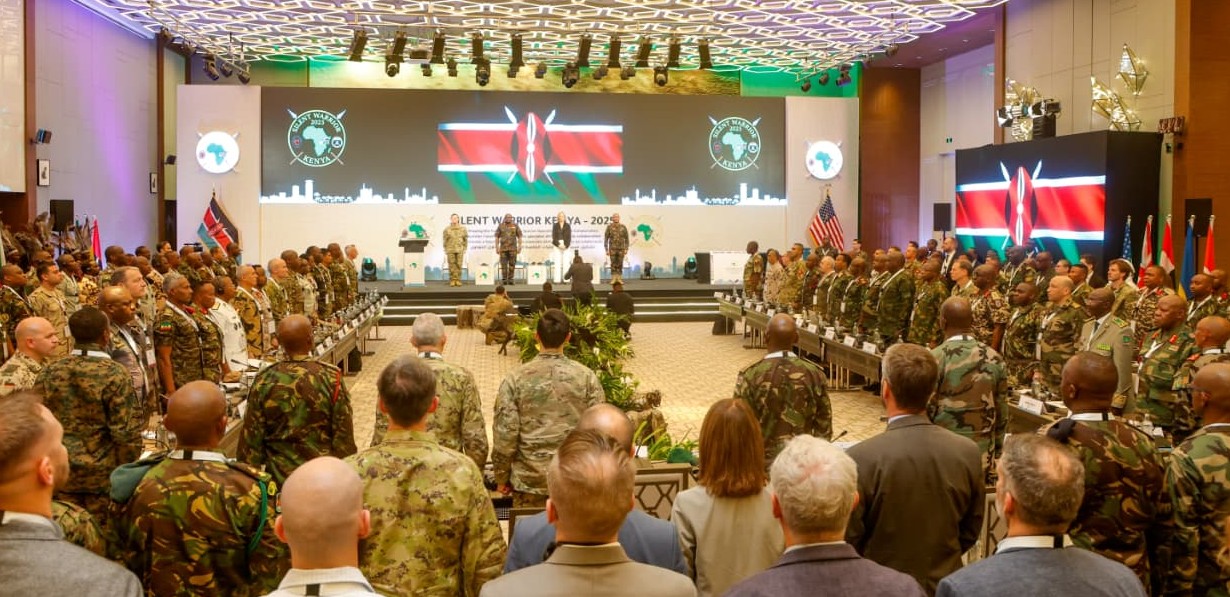Ethiopian Orthodox Church dismayed by exclusion from national dialogue conference

The Holy Synod emphasised the Church's historical role in peacebuilding and reconciliation and stressed the need for its inclusion in the dialogue process.
The Ethiopian Orthodox Church, historically influential in the Horn of Africa nation, has expressed disappointment following its exclusion from the recent national dialogue conference organised by the Addis government led by Prime Minister Abiy Ahmed.
The Ethiopian Orthodox Tewahedo Church (EOTC) voiced reservations regarding the conduct of the National Dialogue Commission, noting that it was not formally invited to participate.
More To Read
- Faith under fire: How social media fuels rising attacks on religions, followers in Ethiopia
- Ethiopia has struggled to build national unity: Can its big new dam deliver it?
- Ethiopia to hold 7th national election in 2026, says President Tayé Atske Selassie
- Ethiopia launches first phase of Ogaden gas project, shifts focus to domestic energy use
- PM Abiy Ahmed vows Ethiopia will achieve port ownership through self-reliance
- President Ruto champions African unity, self-reliance at GERD launch
Following the conclusion of its bi-annual Holy Synod Plenary Session on June 6, 2024, the Holy Synod issued a statement expressing concerns about the Commission's activities, including participant selection and agenda setting, proceeding without extending a formal invitation to the Church.
The Holy Synod emphasised the Church's historical role in peacebuilding and reconciliation and stressed the need for its inclusion in the dialogue process.
To address this issue, the Holy Synod announced the establishment of a committee dedicated to pursuing a formal role for the church within the Commission's proceedings.
The statement from the Holy Synod came two days after the National Dialogue Commission completed a week of consultations in Addis Ababa.
These consultations aimed to gather proposed agendas from various groups across the capital's 119 districts, including community representatives, government bodies, political parties, and associations.
However, the National Dialogue Commission's efforts have faced criticism for excluding key stakeholders, particularly armed groups currently in conflict with the government.
Two opposition parties, the Enat Party and the Ethiopian People's Revolutionary Party (EPRP), withdrew from the process after initially agreeing to participate and submitting agendas.
The Ethiopian Political Parties Joint Council also issued a cautionary statement, emphasising the importance of comprehensive stakeholder involvement for the success of the dialogue.
Beyond specific concerns about the National Dialogue Commission, the Holy Synod's statement called for nationwide conflict resolution through dialogue, expressing deep sorrow over ongoing conflicts and stressing the need for a constructive working relationship between the Church and the government.
During the bi-annual session, Patriarch Abune Mathias highlighted challenges faced by the Church, both internally and externally, cautioning against influences that seek to diminish its voice and spiritual culture.
The Church, with its vast following and moral authority, has been calling out the government for atrocities committed against the Tigrayan people.
In May 2021, the head of the Orthodox Church accused Abiy's government forces of carrying out "genocide" in the country's Tigray region, where a six-month conflict between federal and allied troops and forces loyal to the former ruling party is believed to have killed thousands of people.
The elderly Patriarch Abune Mathias addressed the church's millions of followers and the international community, saying his previous attempts to speak out were blocked.
"I am not clear why they want to declare genocide on the people of Tigray," the patriarch, an ethnic Tigrayan, said, speaking in Amharic.
"They want to destroy the people of Tigray," he added, listing alleged atrocities, including the destruction of churches, massacres, forced starvation and looting.
"It is not the fault of the Tigray people. The whole world should know it," he continued, calling for international and local action.
Ethiopia has repeatedly denied that its forces carried out war crimes during the conflict
Top Stories Today














































